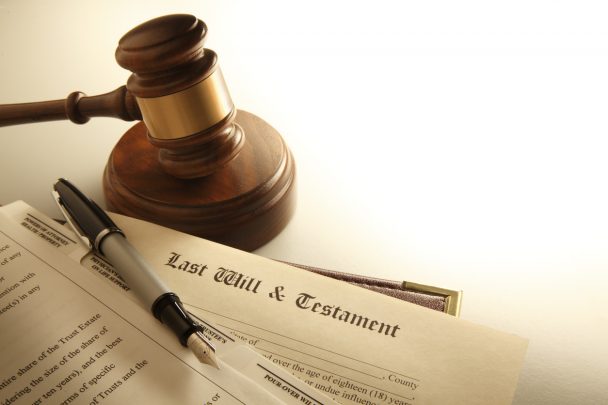What is a will and why should I have one?
A will is a legally executed document which explains how, when and to whom a person would like his or her property to be distributed after death. Under Pennsylvania law, an individual may prepare a will in his or her own handwriting as long as it is dated at the top and signed at the bottom/end of the document. However, such wills (holographic wills) risk ambiguity and incompleteness if they are not reviewed by an attorney. Ambiguity or incompleteness can render a will ineffective or can give a will a different interpretation than the testator (person who “makes” a will) intended. Holographic wills often result in protracted litigation in the probate court system which can cause delays and can be costly.
At its foundation, the will is intended to be a means for insuring that your estate assets are ultimately received by your intended beneficiaries. However, there is a lot that goes into the proper preparation of a valid will. Some of the most important initial questions to consider:
• Who will be the primary and contingent beneficiaries of the estate?
• Should a trust be established under the will for minor beneficiaries?
• Should a trust be established under the will to protect the beneficiaries’ inheritance from divorce and creditors?
• Should a guardian be named for minor beneficiaries?
• Who should act as Executor of the estate?
• Who should act as trustee of trusts created under the will?
• Are there Pennsylvania or Federal Tax considerations that need to be addressed under the will?

Attorneys generally will ensure that a will is clearly and effectively drafted and then executed in accordance with the corresponding State law where signing takes place. There are many nuances of federal and state law that must be considered during the will planning process. Additionally, there are assets that will pass outside of the will by direct beneficiary designation. Some of those assets are life insurance, IRAs, 401k’s, annuities and 403b’s. Legal counsel will assist you in making sure that state and federal tax laws are properly navigated and that the non-probate assets are coordinated with the planning under your last will.
If you do not have a will at all or have an improperly drafted will, thousands-tens of thousands-or even hundreds of thousands of dollars of loss to your heirs can result. This monetary loss can result from unnecessary taxation, probate delays, family disputes, court costs and legal fees. No one wants to leave this type of legacy for their family. These bad results are easy to avoid by just meeting with experienced counsel who can put a proper plan in place to protect you and your loved ones.
For PA Residents: To request our informative Elder Law Guides click here. https://www.paelderlawsolutions.com/latest-reports/
To keep up to date with changing laws and new planning options sign up for our free newsletter by clicking here. https://www.paelderlawsolutions.com/subscribe-to-newsletter/
For assistance developing a comprehensive estate and elder law plan in Pennsylvania, please contact Douglas L. Kaune, Esquire at (610) 933-8069 or email him at dkaune@utbf.com. Doug’s entire practice is focused on Elder Law, Medicaid application, estate planning, trust planning, estate administration and protection of clients’ assets from nursing home spending and estate and inheritance taxation.
Unruh, Turner, Burke & Frees, P.C. is a full service law firm which has three convenient office locations in Phoenixville, West Chester and Paoli, Pennsylvania. The firm primarily services clients in Chester, Montgomery, Delaware, Philadelphia, Bucks and Berks Counties, but can represent clients throughout Pennsylvania.


